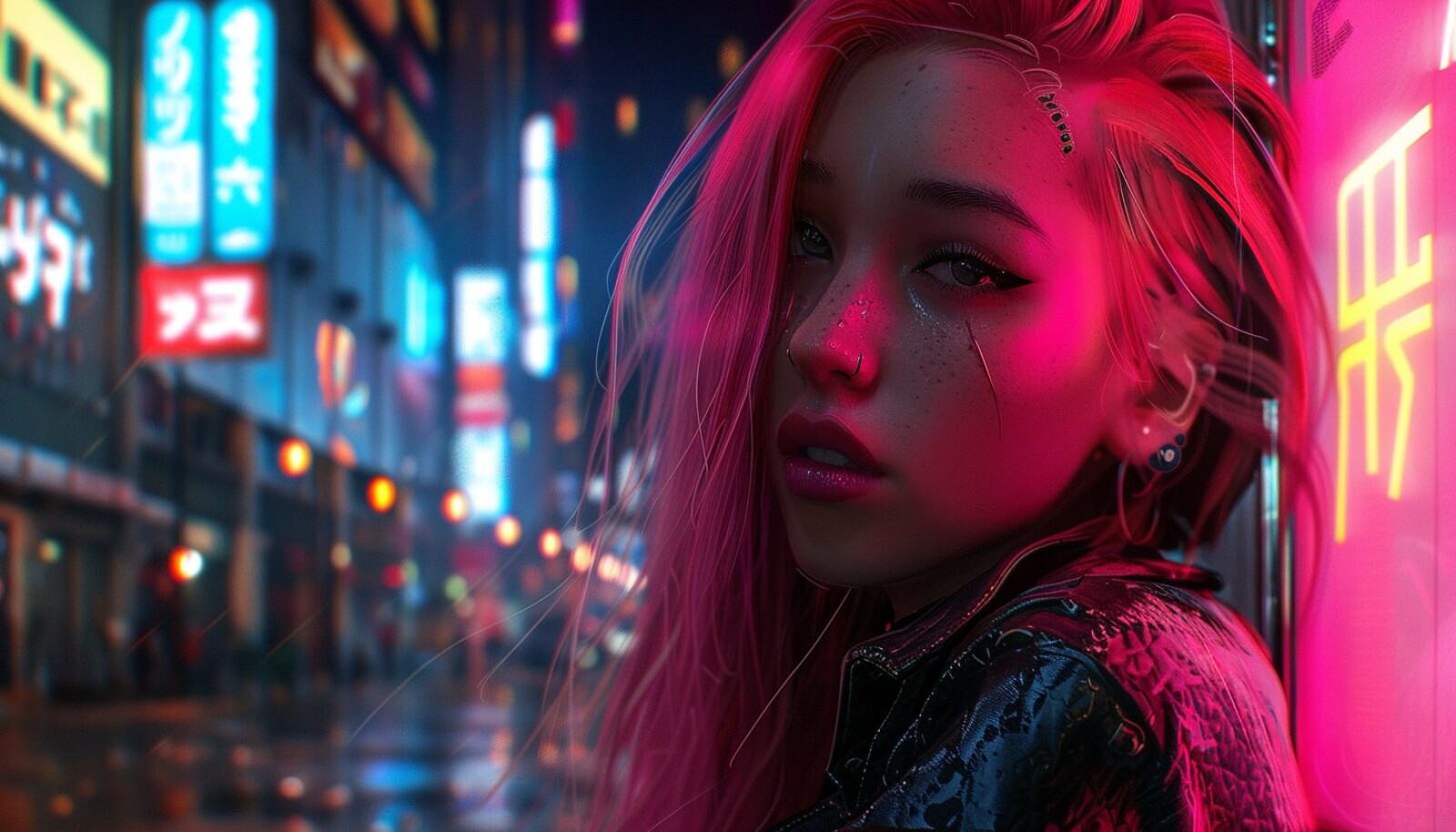
Oliver Blockfield
Elon Musk’s X Faces Legal Scrutiny Amid Brazilian Court Conflict

Elon Musk’s social media platform, X, formerly known as Twitter, is embroiled in a high-stakes legal battle with the Brazilian Supreme Court. The conflict has escalated to the point where Musk himself is under investigation for potential obstruction of justice. This legal tussle underscores the broader clash between regulatory compliance and free speech, a central theme in Musk’s stewardship of X.
Court Orders and Defiance
The Brazilian Supreme Court, led by Justice Alexandre de Moraes, has issued several directives to X, demanding the suspension of accounts linked to prominent political figures and journalists. These orders stem from ongoing investigations into “digital militias” allegedly spreading false information and inciting unrest. Justice de Moraes has been a pivotal figure in these efforts, particularly following the tumultuous aftermath of the 2022 Brazilian presidential election.
Musk’s reaction to these directives has been defiant. He has publicly criticized Justice de Moraes, accusing him of overreach and labeling him as a threat to free speech. This public feud reached a new level when Musk called for de Moraes’ impeachment, further intensifying the conflict. Musk’s stance has found support among certain political factions in Brazil, notably those aligned with former President Jair Bolsonaro, who have long accused de Moraes of suppressing dissent and free speech.
Subpoenas and Compliance Challenges
The situation took a dramatic turn when X received a subpoena from the Brazilian Supreme Court, compelling the platform to comply with its orders. Initially, X adhered to these mandates, but Musk later reversed this decision, citing constitutional concerns and the need to protect free speech. This reversal led to significant legal repercussions, including the threat of massive fines and potential arrest warrants for X employees in Brazil.
The legal complexities of this case extend beyond Brazil’s borders. The U.S. House Judiciary Committee has also subpoenaed X, seeking information on the platform’s compliance with Brazilian court orders. This dual scrutiny from both Brazilian and U.S. legal authorities highlights the global implications of X’s actions and Musk’s outspoken defense of free speech.
Impact on X in Brazil
Brazil is a crucial market for X, with approximately 40 million users accessing the platform monthly. Despite its significant user base, X’s operations in Brazil have faced numerous challenges. In 2022, the platform closed its offices and laid off employees in the country following Musk’s acquisition of the company. The current legal disputes threaten to further destabilize X’s presence in Brazil, potentially leading to a complete shutdown of its operations there.
Justice de Moraes’ Perspective
Justice de Moraes has justified his actions by pointing to the need to protect Brazilian democracy from misinformation and incitement. He has been a controversial figure, with some viewing him as a defender of democratic institutions while others see him as an overreaching authority figure. His aggressive pursuit of those he deems threats to democracy has included ordering the blocking of social media accounts and launching investigations into prominent political figures.
Musk’s Free Speech Philosophy
Musk’s approach to this conflict has been consistent with his broader philosophy on free speech. He has often criticized what he perceives as censorship by governments and regulatory bodies. This stance has resonated with many of his supporters but has also drawn criticism for seemingly inconsistent applications of free speech principles, especially when it involves criticism of his companies.
The Broader Implications
The implications of this legal battle are significant. If X continues to defy Brazilian court orders, it could face escalating fines and further legal action. Conversely, compliance with these orders could alienate a substantial portion of its user base and damage its reputation as a champion of free speech.
The Brazilian legal system’s actions against X are part of a broader trend of governments around the world grappling with the power and influence of social media platforms. These platforms have become central to public discourse, and their ability to moderate content and influence political outcomes has placed them at the heart of debates over regulation and free speech.
Conclusion
In conclusion, the ongoing legal battle between Elon Musk’s X and the Brazilian Supreme Court highlights the complex and often contentious relationship between social media platforms and regulatory authorities. As this case unfolds, it will continue to serve as a critical example of the challenges and conflicts that arise at the intersection of technology, law, and free speech.














